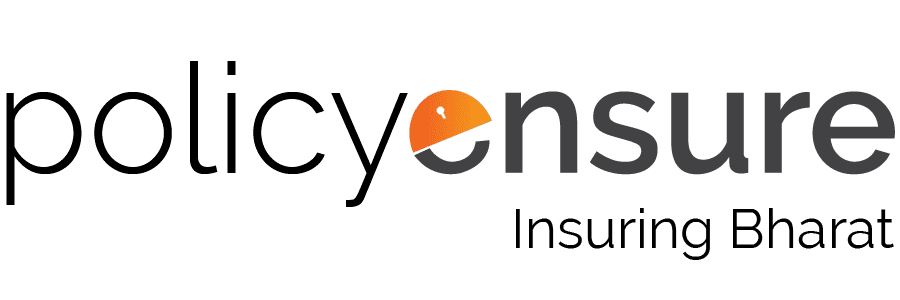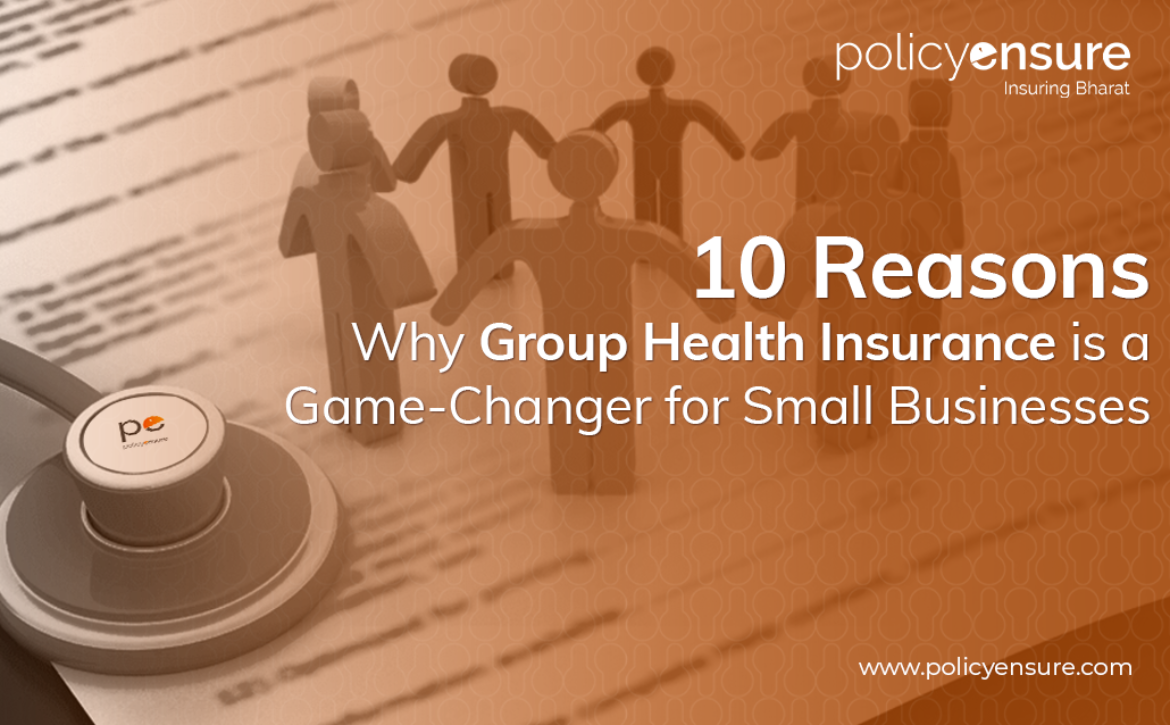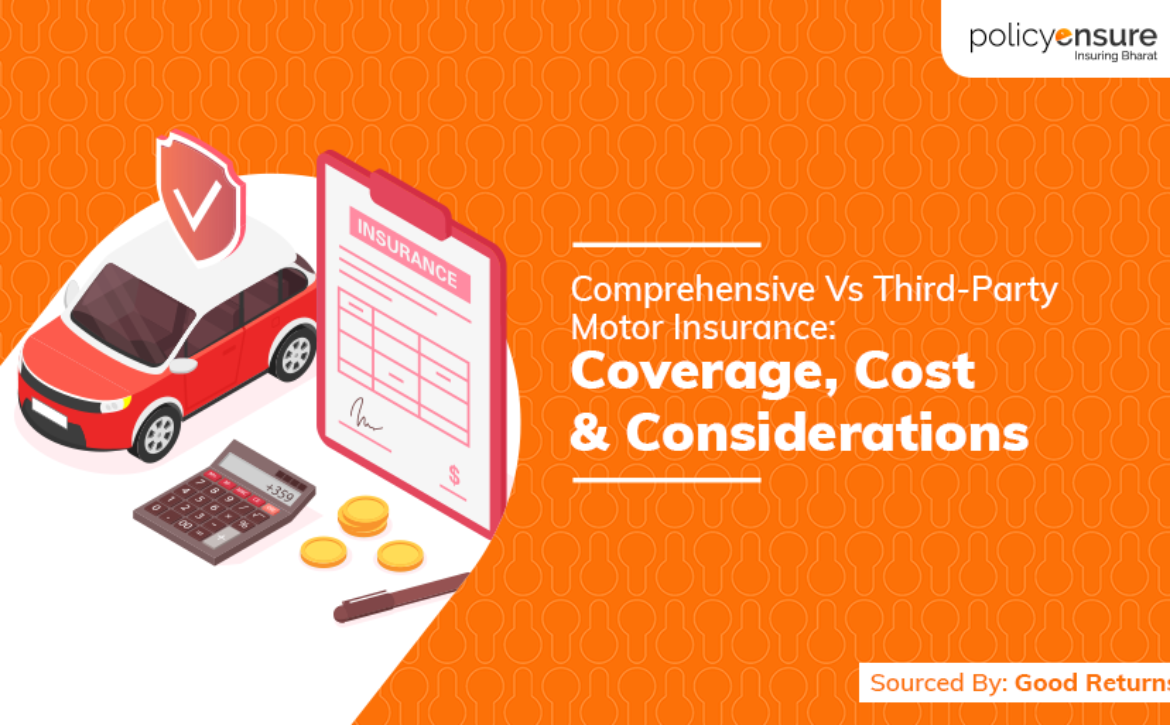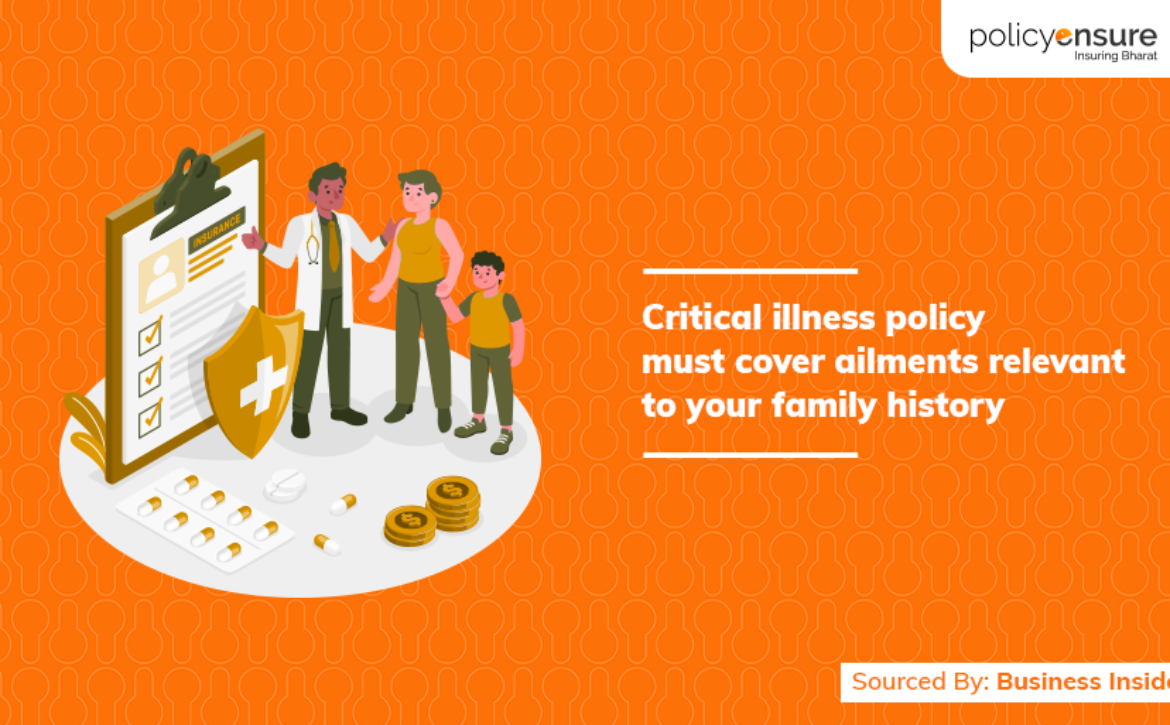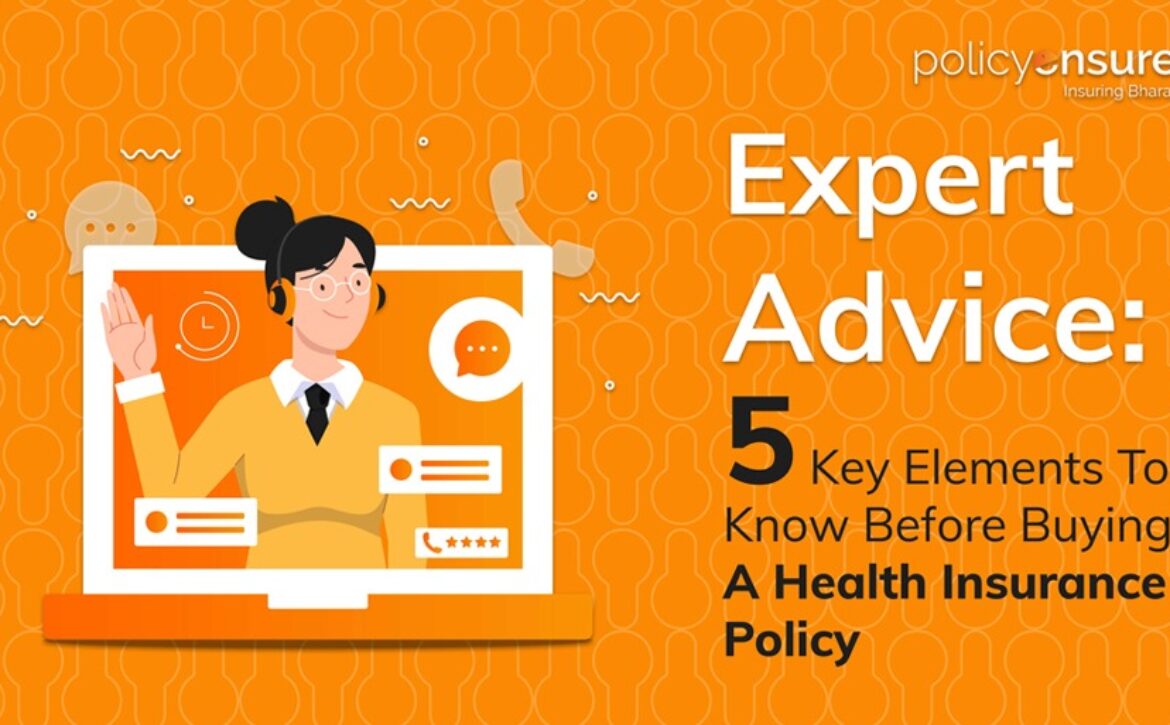What is family health insurance, and how does it work?
In today’s uncertain world, ensuring the well-being of one’s family has become paramount. With increasing medical expenses, securing your loved ones with health insurance stands as a beacon of assurance. Thanks to modern health and general insurance services, people today have access to family health insurance at their doorstep. However, before knowing where to procure one for your family, it is critical to understand the nitty-gritty of this type of insurance.

Family Health Insurance, defined
Family health insurance is an excellent way to guarantee that everyone in your family has access to high-quality medical treatment without having to pay individual premiums for each person. These policies frequently include a higher insured amount, more comprehensive coverage, and various additional benefits and features that might lower your out-of-pocket medical expenses. In this context, Policy Ensure, a reputable broker having tie-ups with insurers specializing in health and general insurance services, offers an outstanding family insurance policy. This policy not only boasts cost-effectiveness but also addresses the comprehensive insurance requirements of families by extending coverage to all family members.
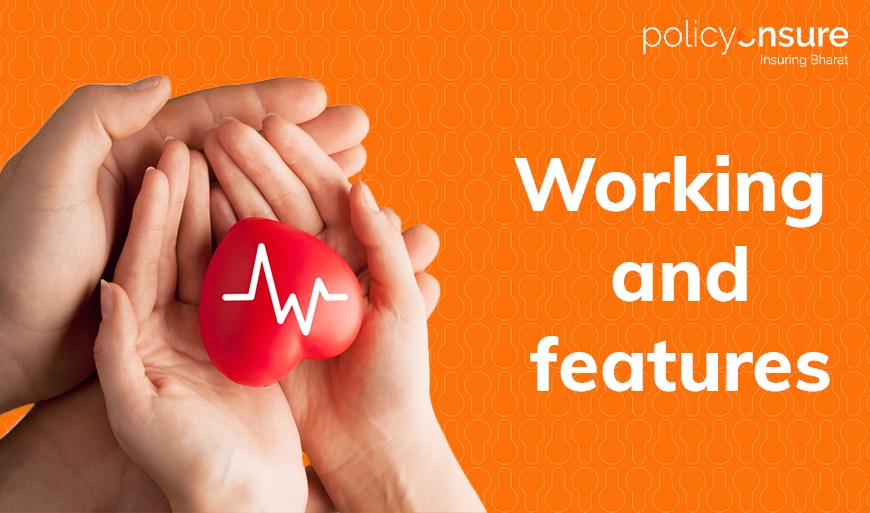
Working and features
Family health insurance works by providing a single policy that pays for all of the family’s medical costs. The principal policyholder, their spouse, and their dependent children are typically included in coverage. The policyholder pays recurring premiums, which give coverage up to a certain amount. Policyholders have a choice between cashless and reimbursement claim settlement options in the event of a medical emergency.
Health insurance policies for families offer a comprehensive range of features tailored to meet the diverse needs of families. These include cashless hospitalization, which simplifies the payment process during medical emergencies; maternity coverage that extends to fertility treatments and childbirth expenses; accident coverage with a premium waiver for permanent disabilities; and critical illness coverage that provides a payout upon the first diagnosis of listed medical conditions, eliminating the need for hospital bill submissions. These features ensure that families have access to essential healthcare services without financial worries.
Advantages of family health insurance
Individuals can garner several advantages from their family health insurance policy:
Financial security: Family insurance guarantees that your savings are not depleted by medical costs. It offers a safety net to pay for hospital stays, operations, and other medical procedures.
Access to quality healthcare: With the help of partnerships with a network of hospitals and healthcare providers, firms that are into health and general insurance services make sure that policyholders have access to high-quality healthcare.
Saves tax: Under Section 80D of the Income Tax Act of 1961, policyholders may claim tax benefits on the premiums paid for family insurance policies up to a maximum of ₹ 55,000 in a given fiscal year.
Hassle-free process: It can be daunting to keep track of all the numerous plans you need to pay for, given that each policy may have a distinct timeline. This lacuna is bridged by a licensed broker like PolicyEnsure who can deliver family insurance via a hassle-free process.
Procuring family health insurance via a licensed broker
The relevance of insurance cannot be overstated in these uncertain times. However, today’s health and general insurance services cover a wide range of policies that protect an individual from the different hazards and uncertainties that life might throw at them. While there can be several ways to procure the best health insurance for your family, it is suggested to get in touch with a licensed broker such as Policy Ensure and its certified Point of Sales Person (PosP).
PosPs can help you understand your needs and select the relevant family health insurance that caters to them. Policy Ensure’s Phygital model enables them to reach not only metro cities but also non-metro cities and remote areas with locally available POSP.Now, everyone can ensure their loved one’s health via family health insurance provided by Policy Ensure.
